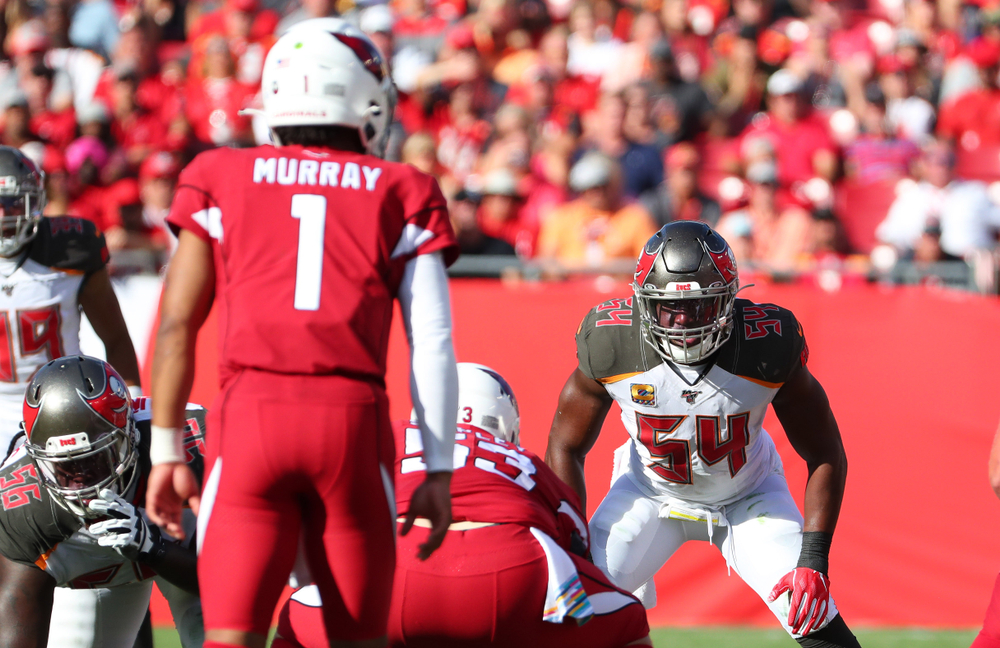As first appeared in Boxscore
By Aron Solomon
A year ago, Kliff Kingsbury signed a five-year contract extension with the Arizona Cardinals. The contract guaranteed him $7.5 million a year for five years. He was fired immediately after the end of Arizona’s regular season last week, which means that the NFL franchise owes him the last four years of his contract, a total of $30 million.
The last known communication from Kingsbury was a message that he was not looking for a job at the moment but was going to spend some extended time on a beach in Thailand, reportedly with his girlfriend, Polish supermodel and social media influencer Veronica Bielik.
The reason Kingsbury isn’t looking for work is that he doesn’t need to if he doesn’t want to. For a very long time. NFL coaching contracts are guaranteed, with some exceptions.
They usually include a base salary, bonuses, and incentives that are paid out over the course of the contract. However, teams can terminate a coach’s contract for cause, such as if the coach violates league rules or fails to meet certain performance standards. In such cases, the team would not be required to pay the coach the remainder of his contract.
But terminating an NFL coach for cause is really the rare exception rather than the rule. Even when head coaches behave in ways where the team could almost certainly invoke a for-cause dismissal, the team doesn’t. A for-cause termination of an NFL head coaching contract is not due to dissatisfaction with the coach or their performance; rather, it is due to something that has happened outside of the normal scope of work and is thus deemed unacceptable.
New Jersey, lawyer, Michael Epstein, commented on these contracts in an interview with me:
“The idea of a guaranteed coaching contract in the NFL is something that coaches worked collective for a long time to achieve. While it still doesn’t stop owners from, often far too early in their tenure, removing a coach from their position, the length and nature of a contract is critically important in attracting the right talent to your team.”
The vast majority of NFL coach firings are very much like what happened with Kliff Kingsbury. The team feels that they want to go in a different direction, and while the coach has done nothing, in any tangible way, to violate the terms of his contract, they get rid of them.
Here, with Kingsbury, it was clear for a while that he didn’t see eye to eye with the team’s quarterback, Kyler Murray. Given that the team has committed to Murray with a long-term contract and that the Arizona Cardinals dramatically underachieved this season, the one that was going to have to get out of Dodge was Kingsbury.
The idea of suggesting that Kingsbury could sit on a Thai beach for the next four years was sarcastic. A coach fired in a not-for-cause situation is still supposed to mitigate. In other words, that coach (honestly not in the week or even month in which they were fired) needs to look for a new coaching job.
When that coach finds a job, it reduces or eliminates the obligation of the firing team. But in a purely practical sense, an NFL team seeking to enforce mitigation is going to be a nightmare. Someone like Kingsbury could argue for the next four years that there wasn’t a suitable job, or they halfheartedly interview for a few jobs and don’t get them. The reality is that the Arizona Cardinals are on the hook for Kliff Kingsbury’s contract and will be for a long time.
Surely, Kingsbury won’t be the only coach with sand between his toes this winter. After Saturday night’s historical implosion by the Los Angeles Chargers, the Twitterati are expecting the next firing to happen any hour now.

With super wildcard weekend just wrapping up, we are about to enter the daily news, carousel of coaches being fired, coaches on a rotating radioactive hot seat, and former coaches, such as the New Orleans Saints former head coach, Sean Payton, being fodder for hourly sports talk radio speculation as to whether and where they are going to land.
Of course, from a business management sense, getting rid of coaches as the Cardinals got rid of Kingsbury one season after extending his contract for five seasons makes no sense at all. But it has always been up to owners whether they want to spend tens of millions of dollars paying fired coaches to sit on Asian beaches with supermodels, as opposed to actually coaching their football teams. That’s part of the burden and privilege of owning an NFL team worth a couple of billion dollars.
About Aron Solomon
A Pulitzer Prize-nominated writer, Aron Solomon, JD, is the Chief Legal Analyst for Esquire Digital and the Editor-in-Chief for Today’s Esquire. He has taught entrepreneurship at McGill University and the University of Pennsylvania, and was elected to Fastcase 50, recognizing the top 50 legal innovators in the world. Aron has been featured in Forbes, CBS News, CNBC, USA Today, ESPN, TechCrunch, The Hill, BuzzFeed, Fortune, Venture Beat, The Independent, Fortune China, Yahoo!, ABA Journal, Law.com, The Boston Globe, YouTube, NewsBreak, and many other leading publications.



